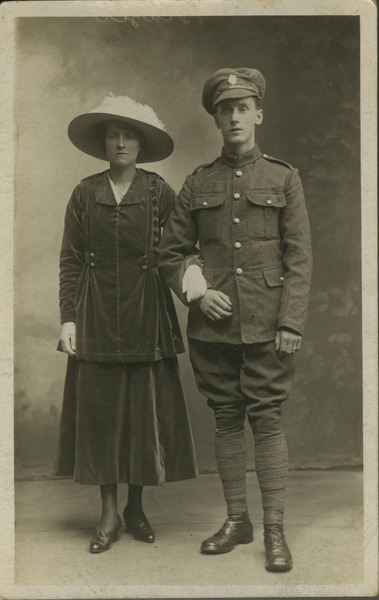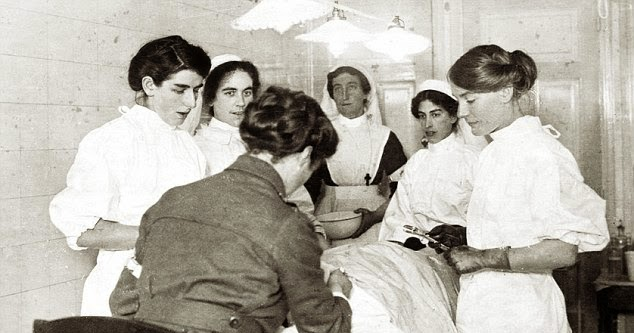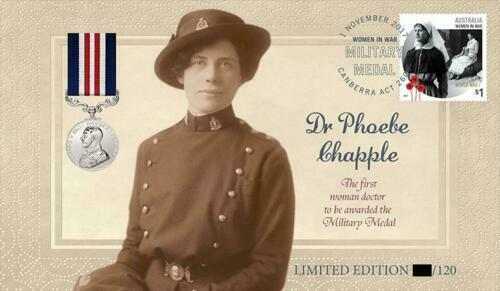When chaos strikes and fear takes over, only a few stand firm. Among those few was Dr. Phoebe Chapple, an Australian woman whose bravery during World War I shattered expectations and changed history. Her name may not be as commonly known as other wartime heroes, but her courage stands as a bold testament to the power of compassion under fire.

The Night Everything Changed
It was 1918, in Étaples, France. The Queen Mary’s Army Auxiliary Corps camp largely made up of female personnel was under threat. German aircraft had begun a wave of brutal air raids, dropping bombs on military targets and camps across the region. While most people rushed to shelter or hid in terror, Dr. Chapple ran toward the danger.

As bombs exploded around her, ripping apart tents and tossing debris into the sky, she dove into the trenches not for her safety, but to care for the wounded. She moved swiftly from one injured soldier to another, dressing wounds, offering reassurance, and saving lives as fire and chaos rained down from above. The dust, the screaming, the risk of being hit it didn’t stop her. In that moment, she wasn’t just a doctor. She was a lifeline.
Video:
Phoebe Chapple
Not Just a Doctor, But a Leader
Dr. Chapple wasn’t acting on orders. No one told her to put herself in harm’s way. What she did was entirely voluntary. That choice is what made her stand out not just as a doctor, but as a leader in the darkest moments.
She took control of the scene, helping to stabilize those who had been injured and giving orders where needed. Even with bombs still falling nearby, she held her ground. That presence of mind, her willingness to stay behind and help while others took cover, showed the kind of unshakable courage only a few possess.

The Military Medal: Breaking Barriers
For her bravery that night, Dr. Phoebe Chapple was awarded the Military Medal an honor rarely given to women at the time, especially not to medical officers. In fact, she became the first Australian woman and the first female doctor ever to receive this distinguished recognition.
Video:
Phoebe Chapple
In a world where women were still fighting for the right to vote and serve equally, this medal wasn’t just a decoration. It was a symbol of change. It proved that courage doesn’t come with a uniform or a rank. It comes from within.
Why Her Story Still Matters Today
In times of peace, we often forget the names of those who acted selflessly when it mattered most. Dr. Chapple’s legacy reminds us that courage doesn’t always wear a helmet or carry a weapon. Sometimes, it carries bandages, a medical kit, and a heart full of determination.
She didn’t seek fame or recognition. She simply did what she believed was right. And in doing so, she not only saved lives but also helped pave the way for generations of women to serve, lead, and be honored for their strength.

A Hero in Her Own Right
Today, when we talk about war heroes, let’s not forget Dr. Phoebe Chapple. She was more than a wartime physician. She was a trailblazer, a caregiver, and a warrior in her own way. Her story continues to inspire, reminding us that sometimes the greatest acts of bravery happen far from the battlefield with no weapons drawn and no crowds watching.
So the next time you hear the phrase “act of valor,” remember the woman who chose the trenches over safety, the patients over herself, and made history one heartbeat at a time.


